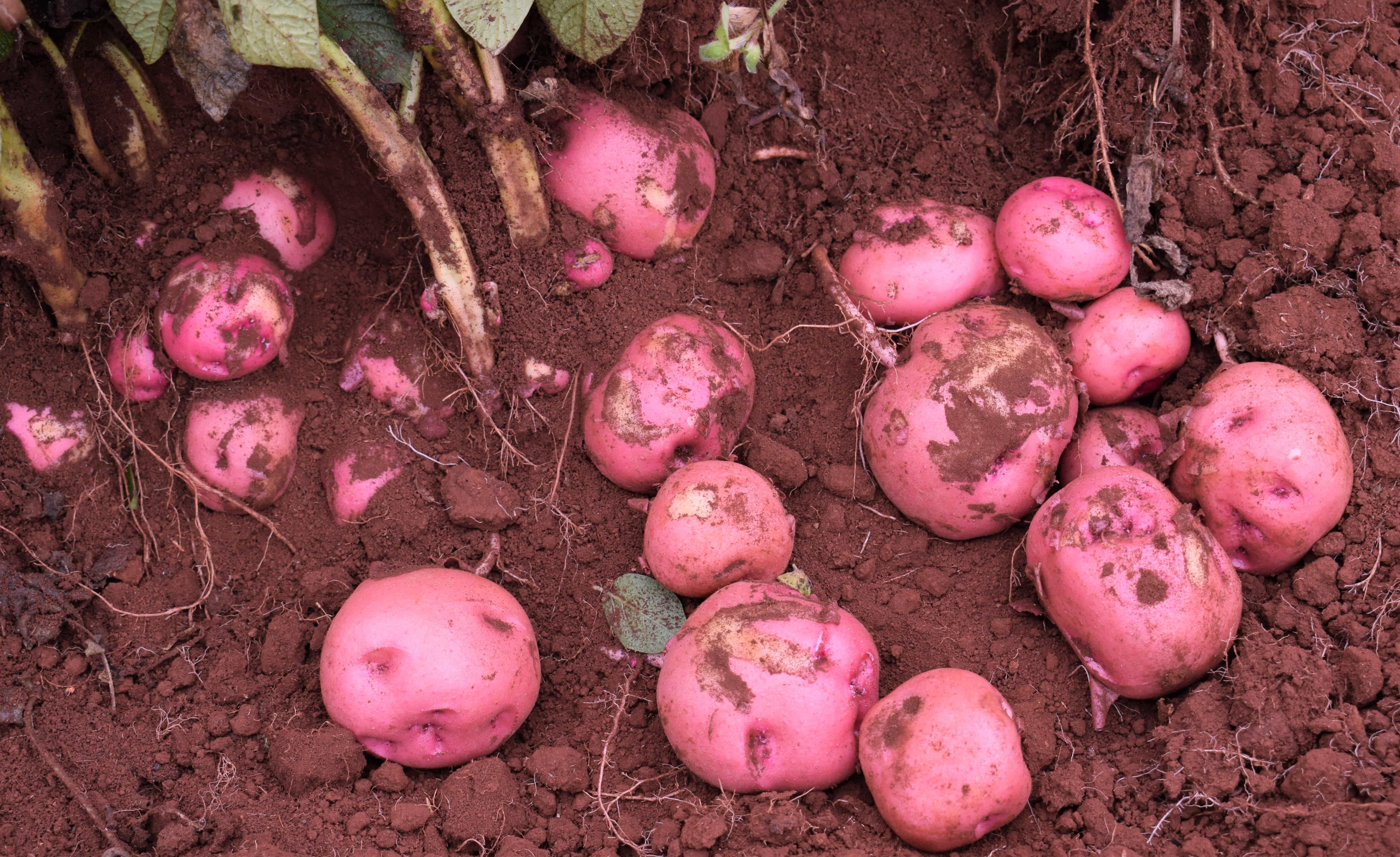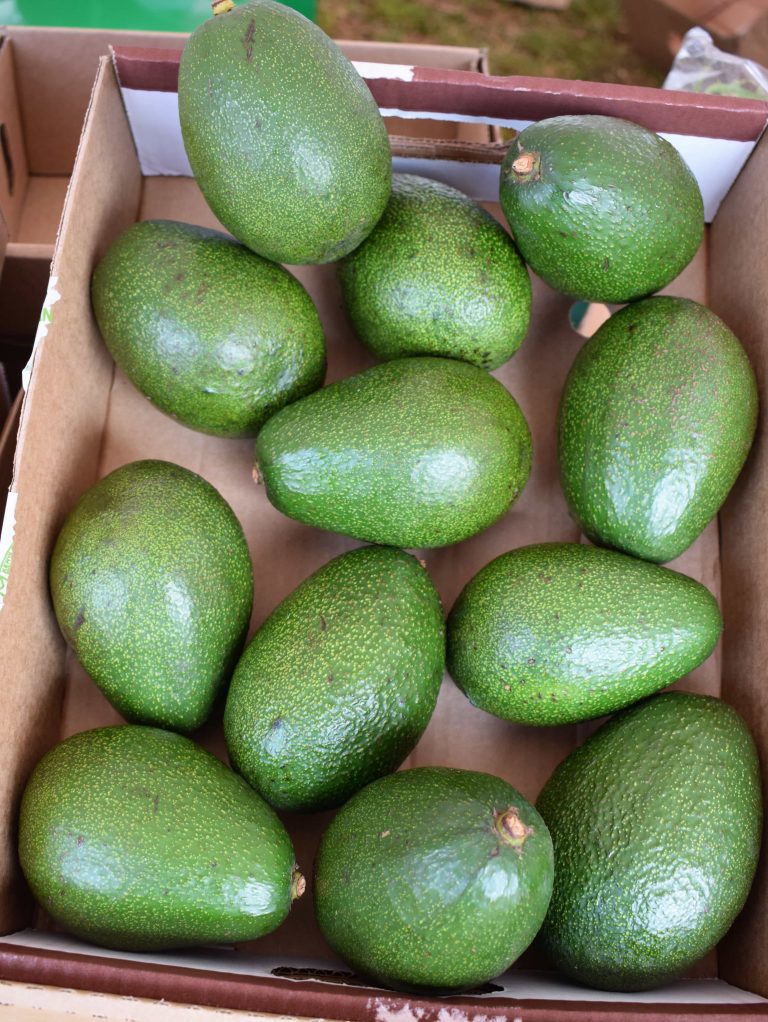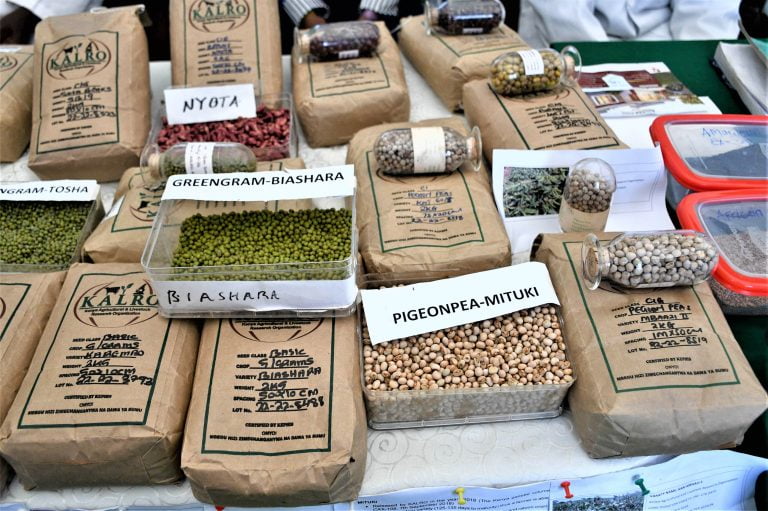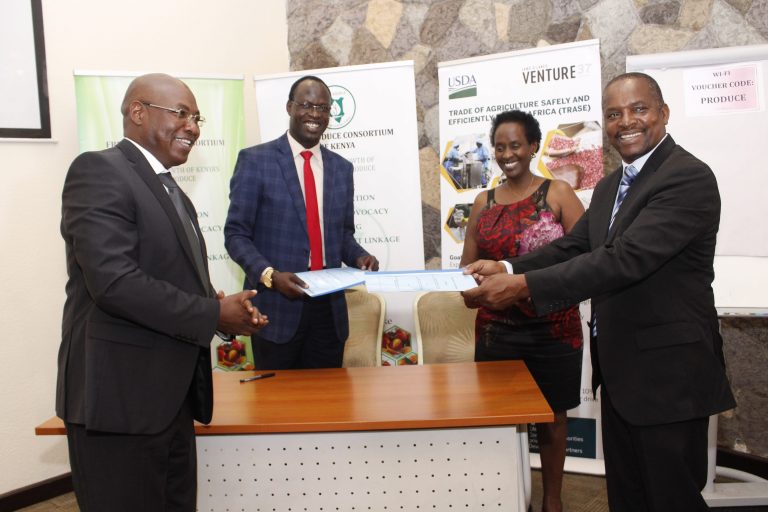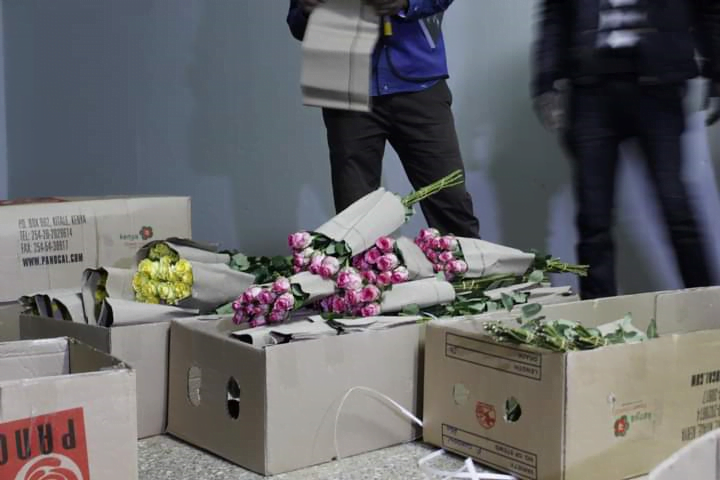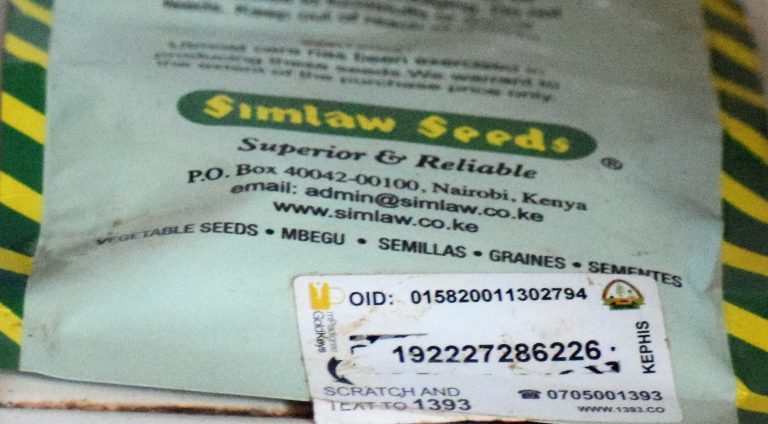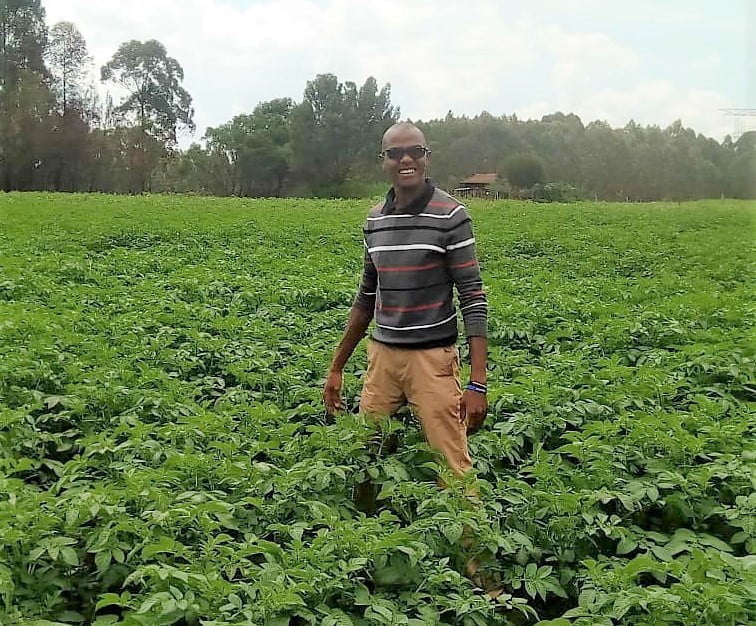Have you ever been a victim of fake seed? If not, you are lucky. Some farmers have run into huge losses after planting fake seed leading to poor performance. The seed is of low quality and it could also be infected with diseases. Sometimes it is packaged in material resembling that of reputable seed companies to confuse the farmer. Seed certification is important as it is the process through which the government gives quality assurance on the seeds available to farmers. The purposes of seed certification are:
- To ensure that seed sold to farmers meets minimum government set quality standards so as to maximize their crop production.
- ii. To promote seed trade (locally and internationally) by complying with set regulations/ agreements.
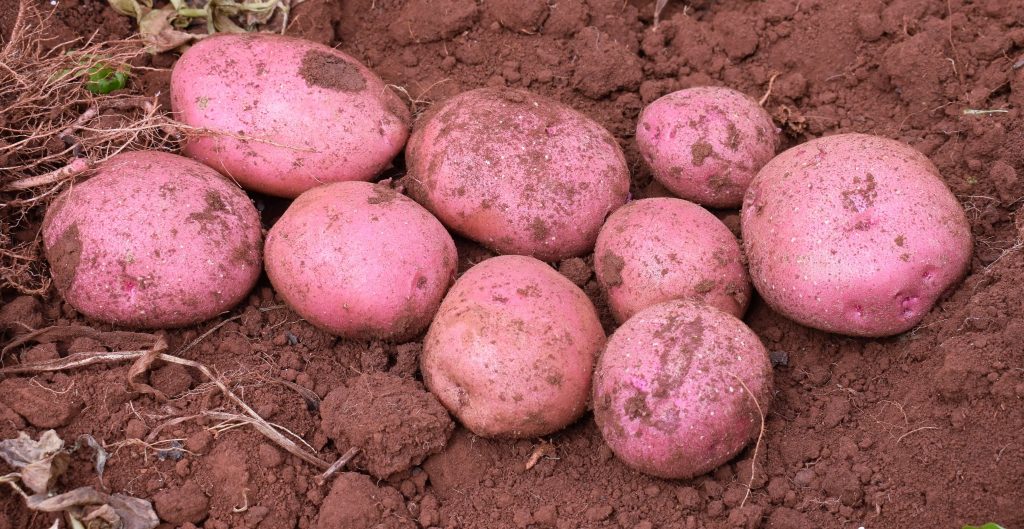
Seed certification in Kenya is guided by the Seeds and Plant Varieties Act (Cap 326), which empowers the Cabinet Secretary in charge of Agriculture to make regulations governing seed certification. The Seeds and Plant Varieties (Seeds) Regulations have provisions for labelling as a quality assurance measure. Kenya Plant Health and Inspection Services (KEPHIS) introduced “Sticker” Seed labels for use on seed packets 5 kg and below.
The label contains the following information:
· KEPHIS Logo
· Serial number
· Concealed number
· SMS code 1393
A farmer can check if the seed is genuine by following the following steps upon purchase of seed:
1. Scratch the label to reveal the scratch code (number).
2. Send the number as an SMS to 1393. The farmer will receive feedback if the seed is genuine or not. The SMS is free of charge. In case of difficulties in using the system, negative feedback or any other complaints on seed quality, farmers are encouraged to contact KEPHIS.
To be on the safe side as a Farmer:
- Purchase seed only from licensed seed sellers.
- Obtain an official receipt on purchase of seeds.
- Do not buy seeds with tampered packets.
- Keep the receipts and empty seed packets throughout the growing season for reference in case of complaints.
- Report to KEPHIS immediately after anomalies are observed in the seed or resultant crops.
- Report any strange diseases or pests to KEPHIS and agricultural extension staff.


